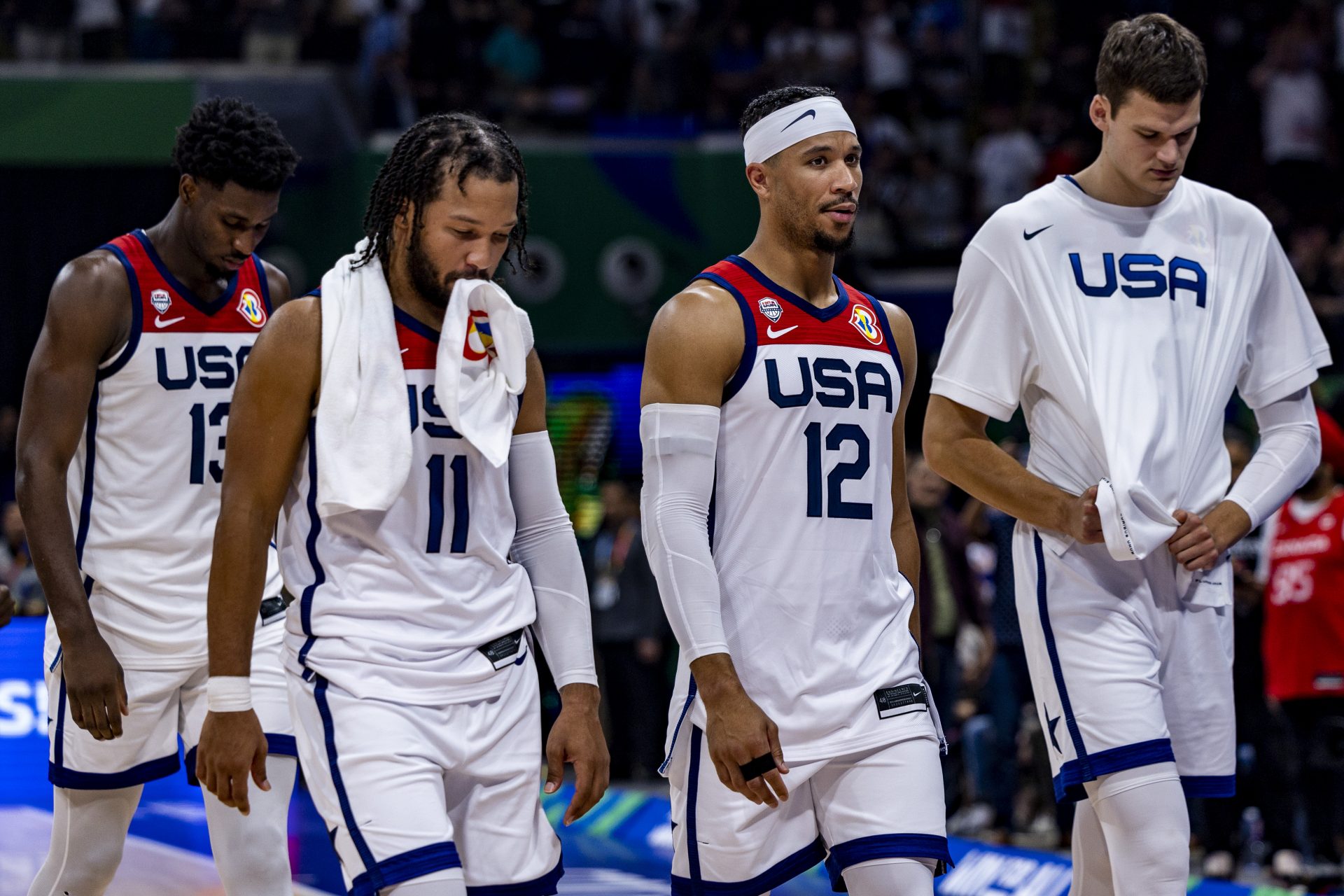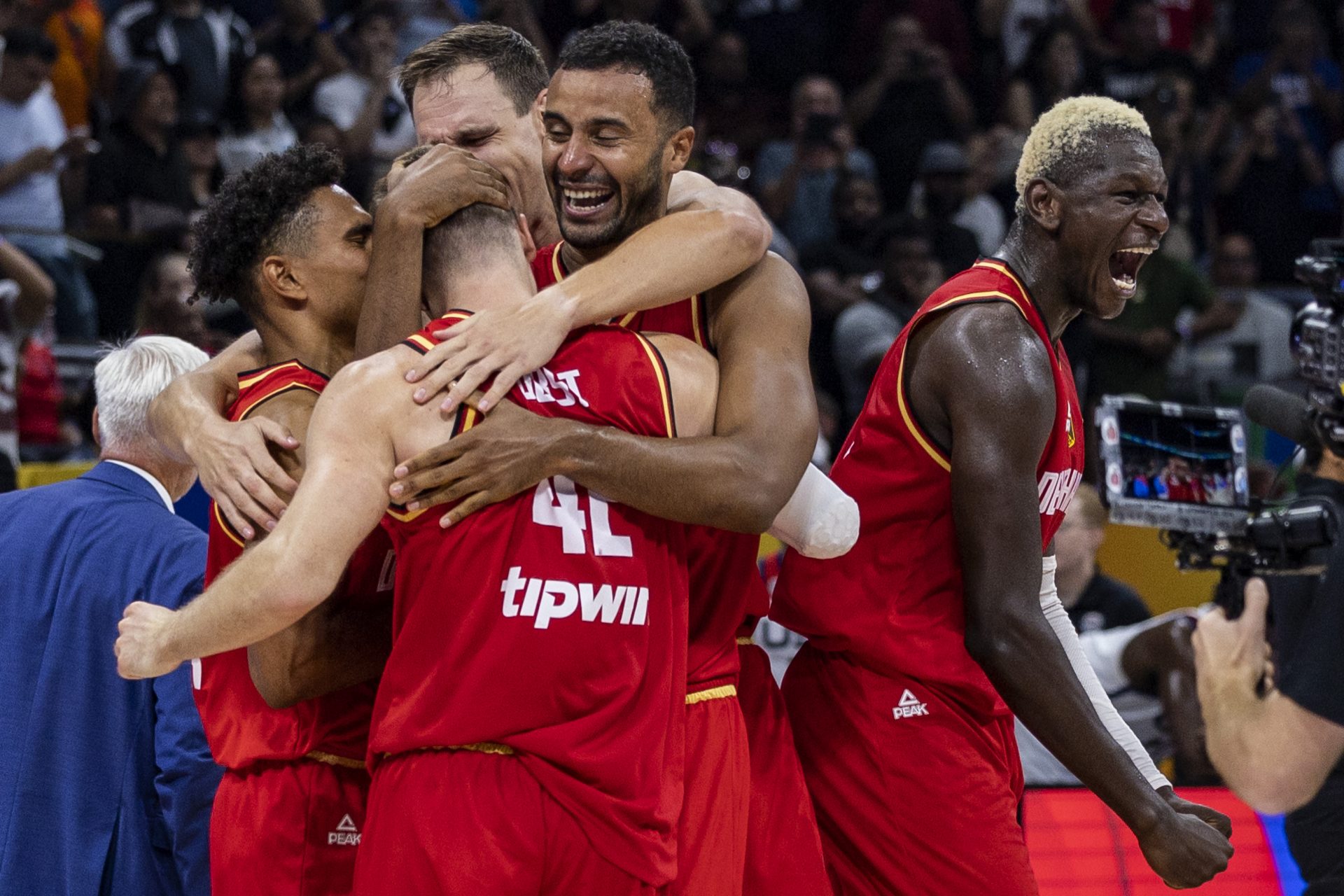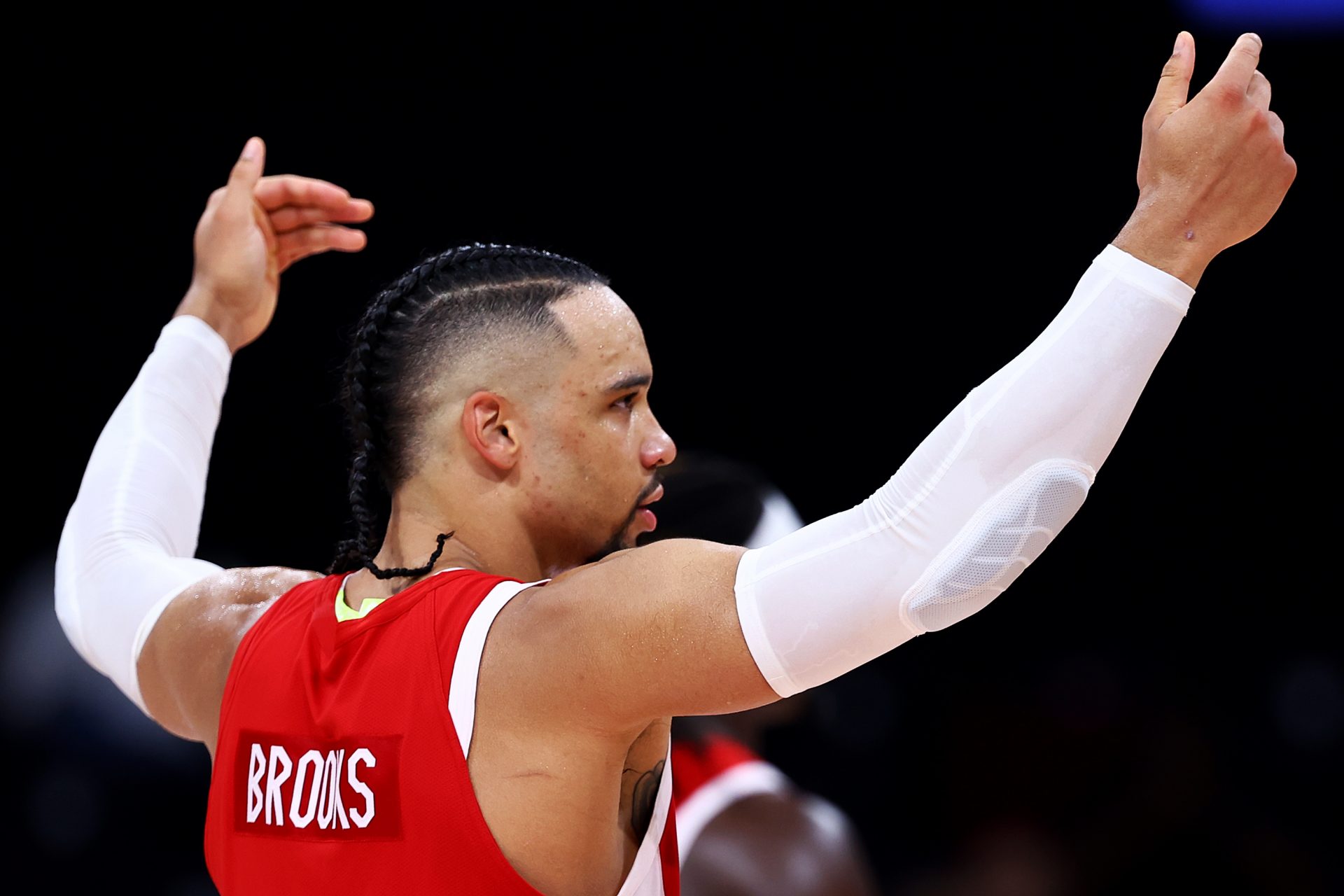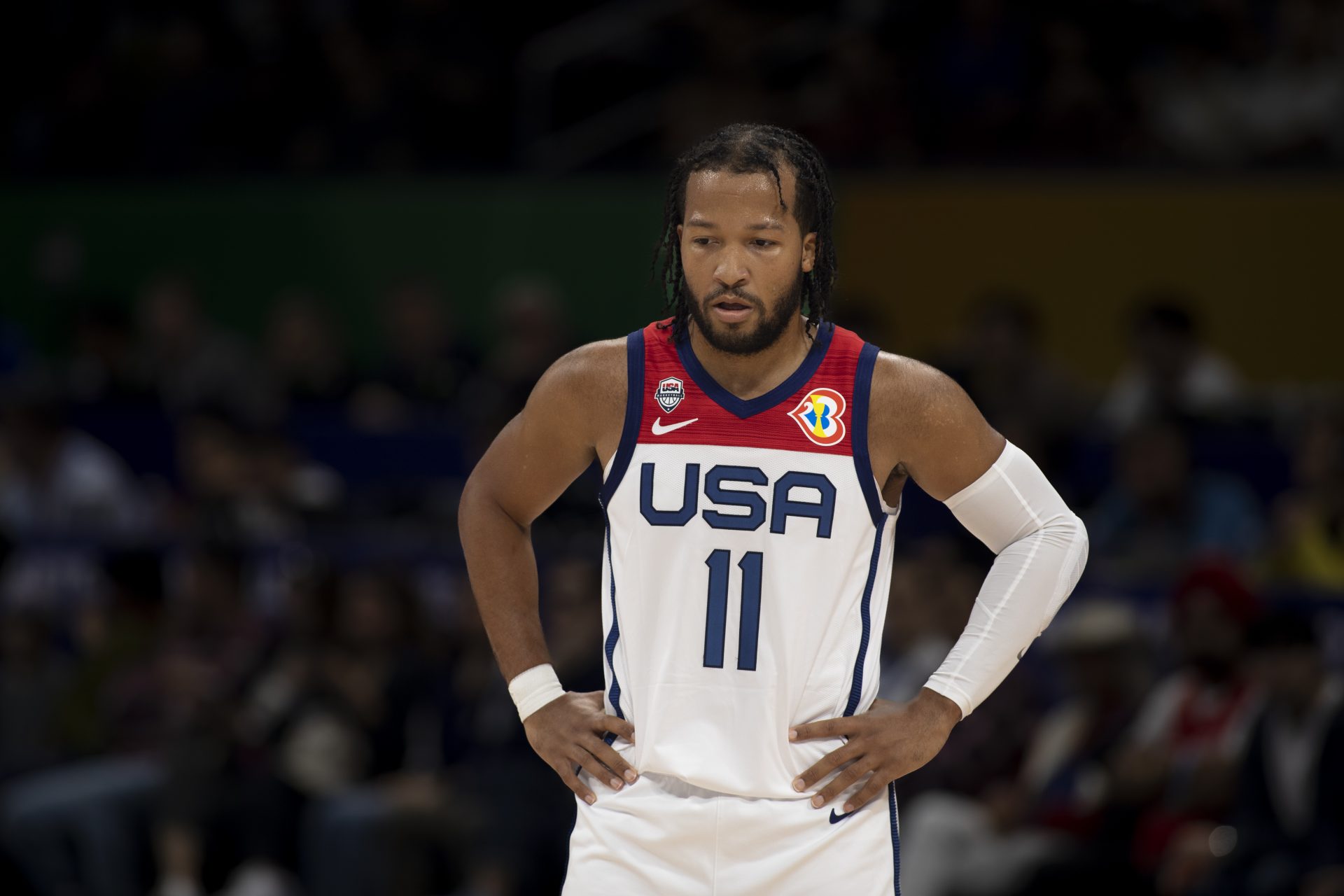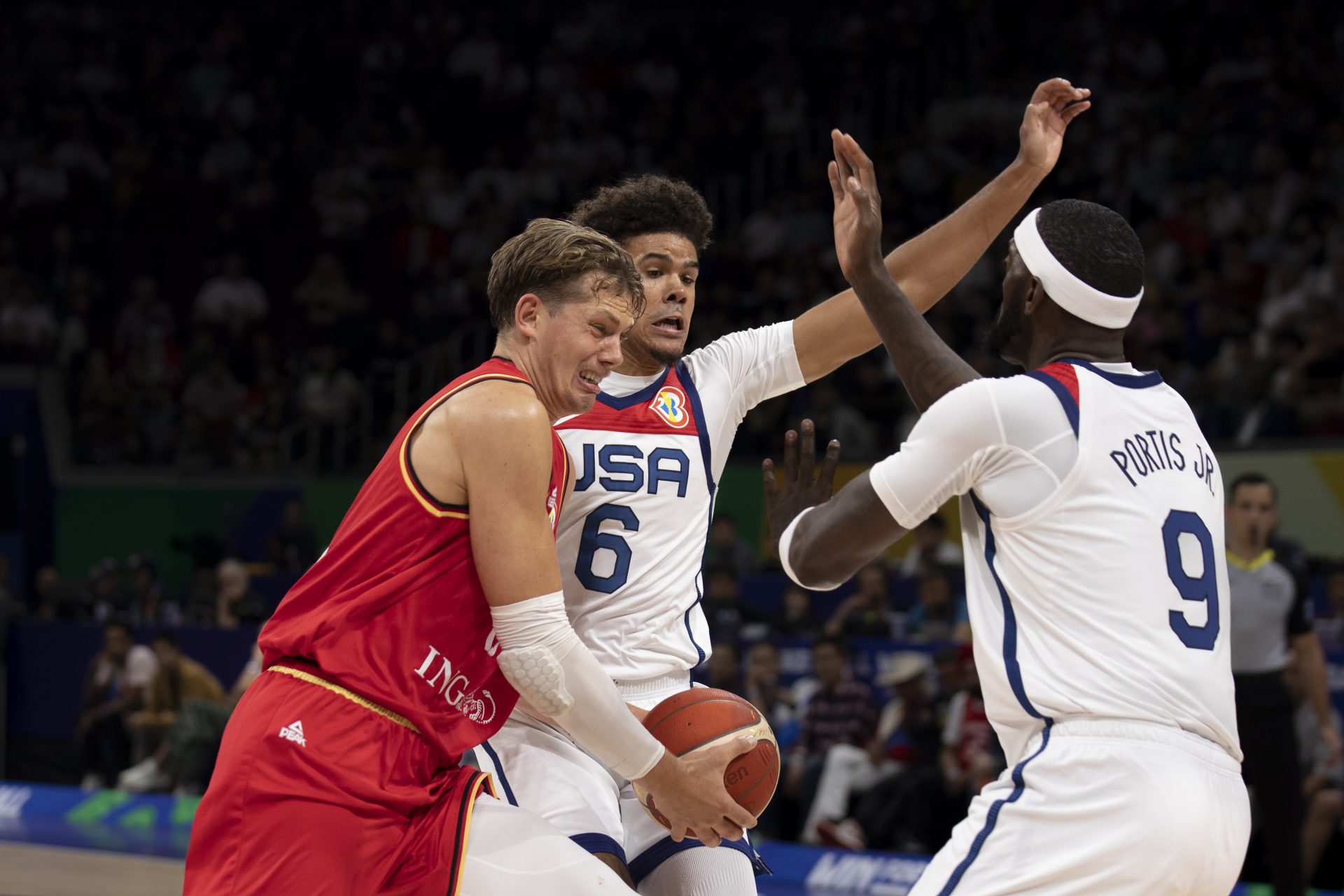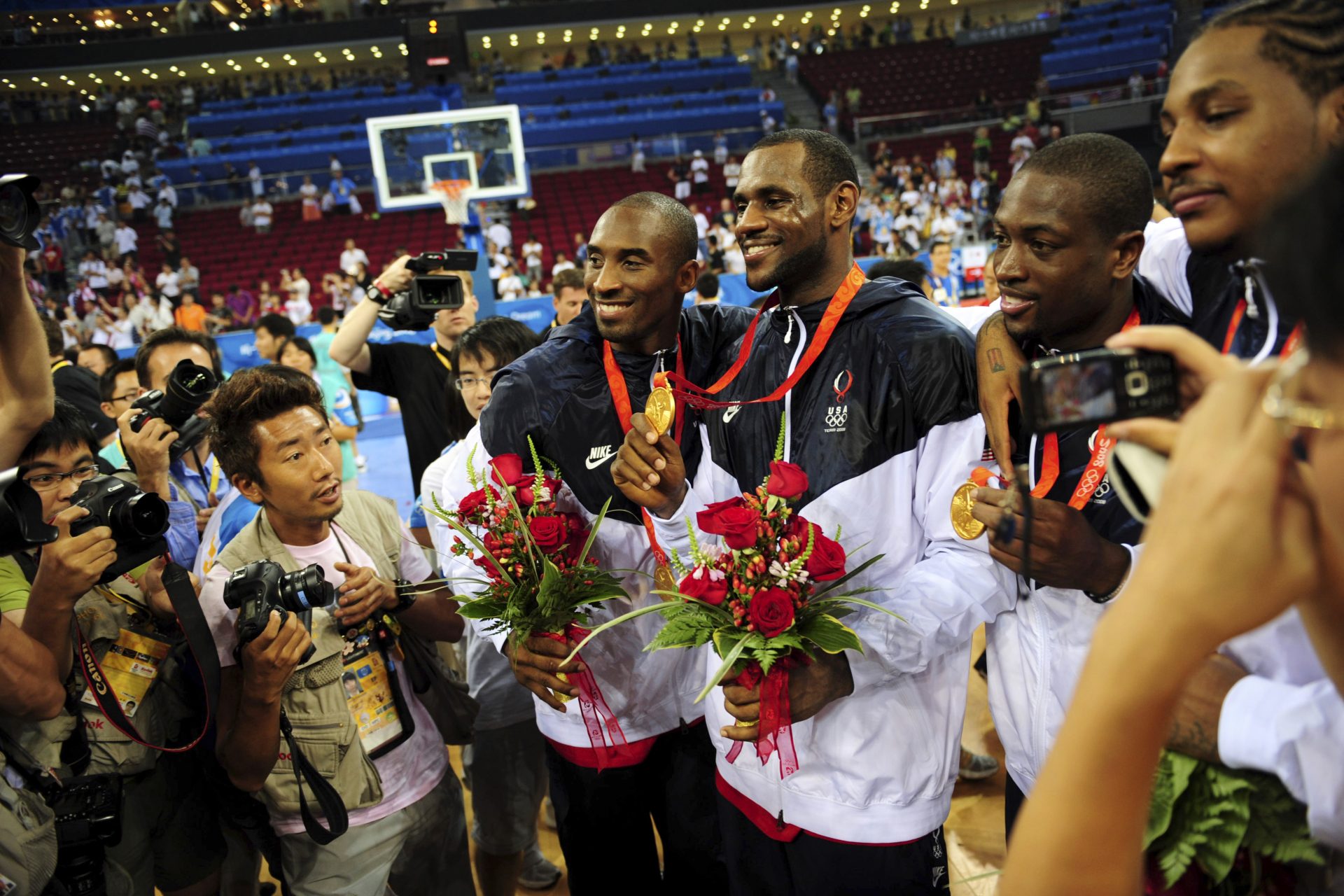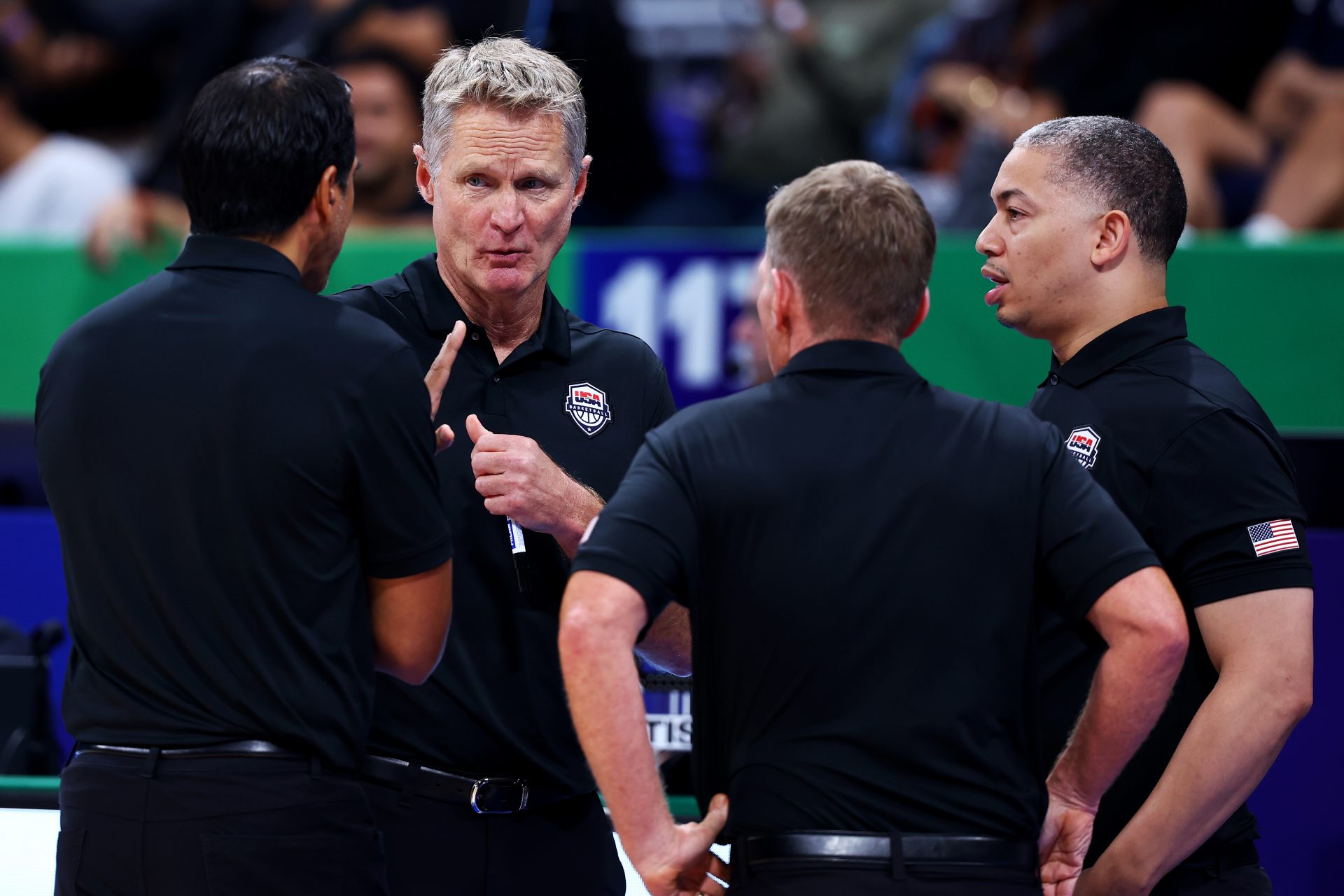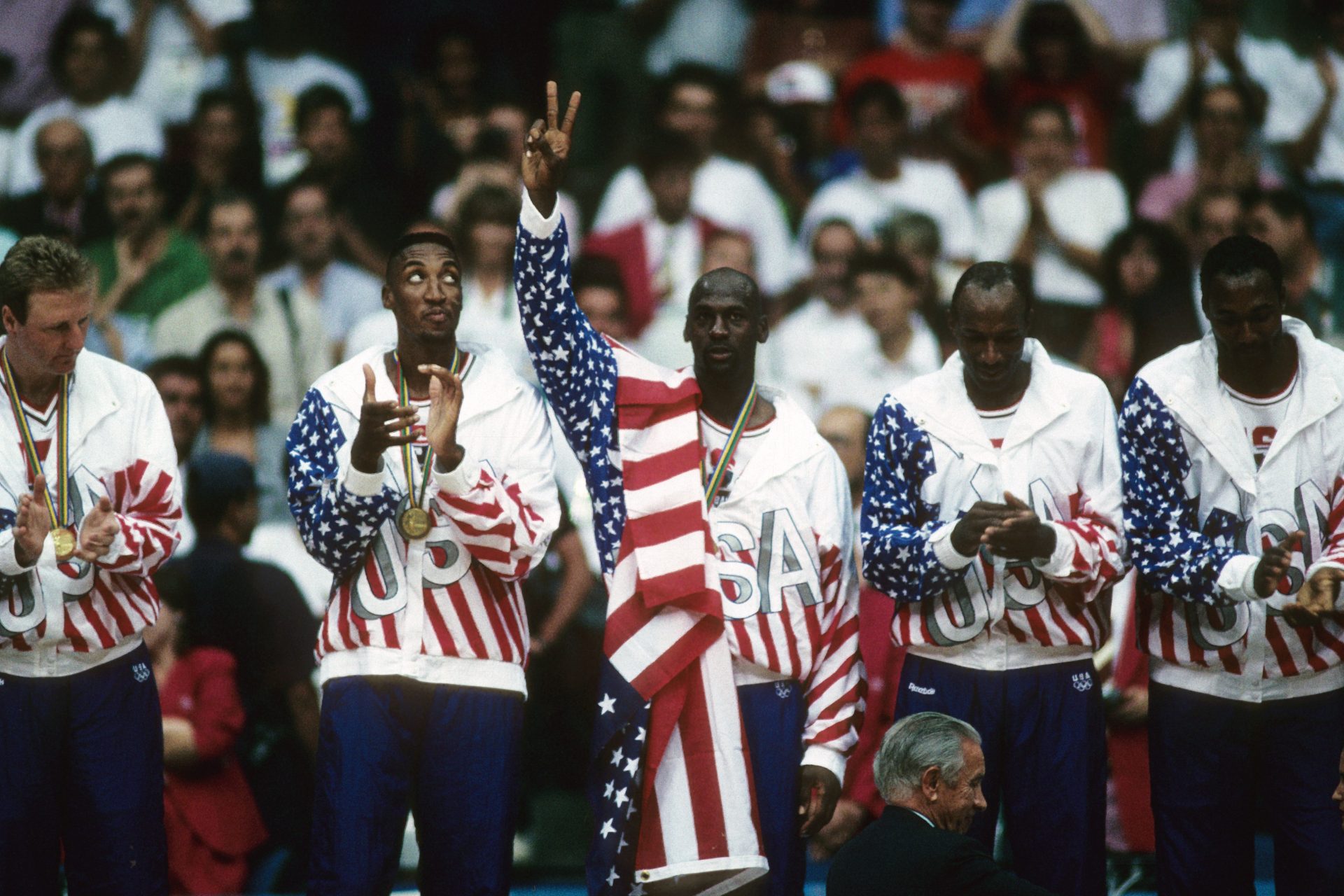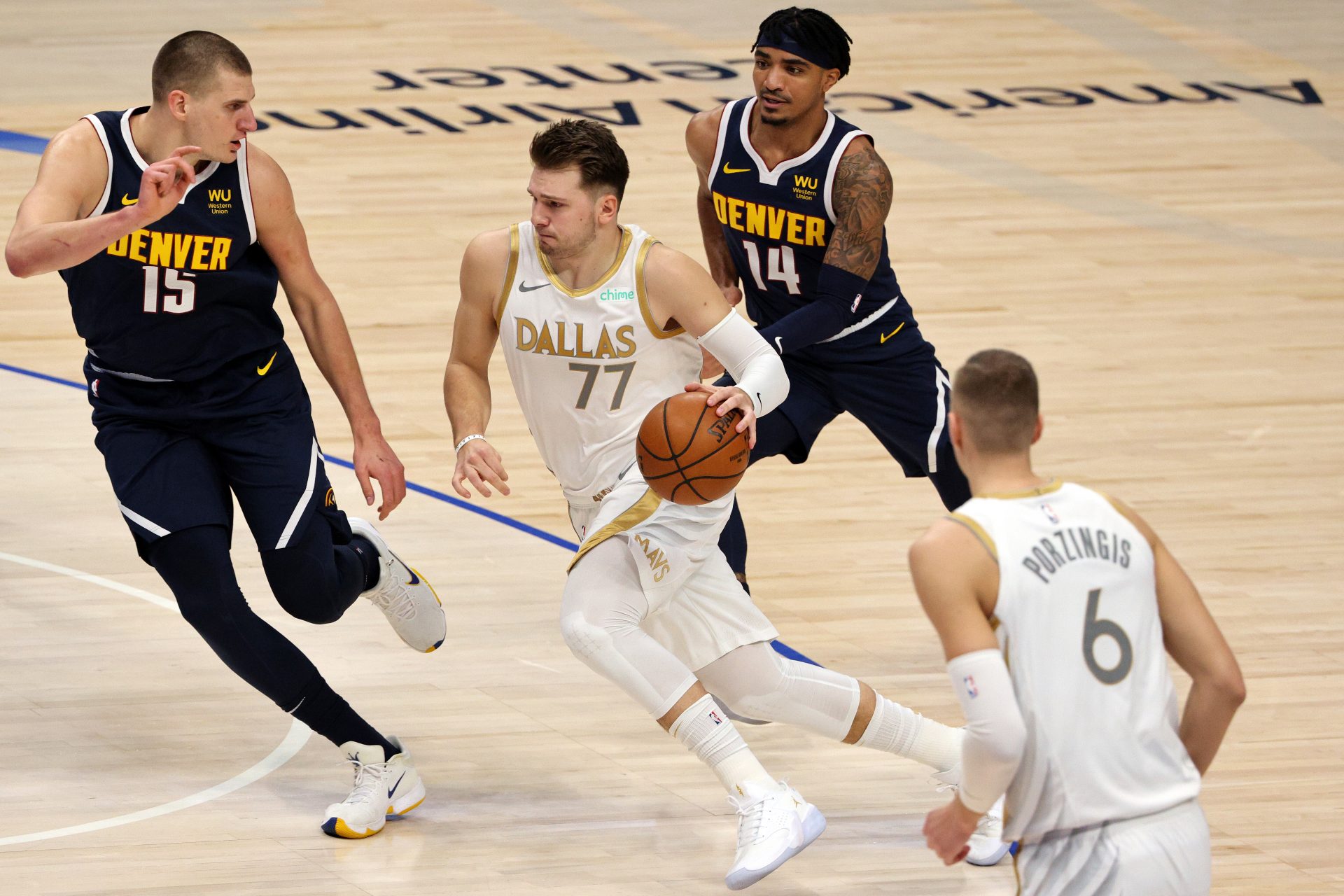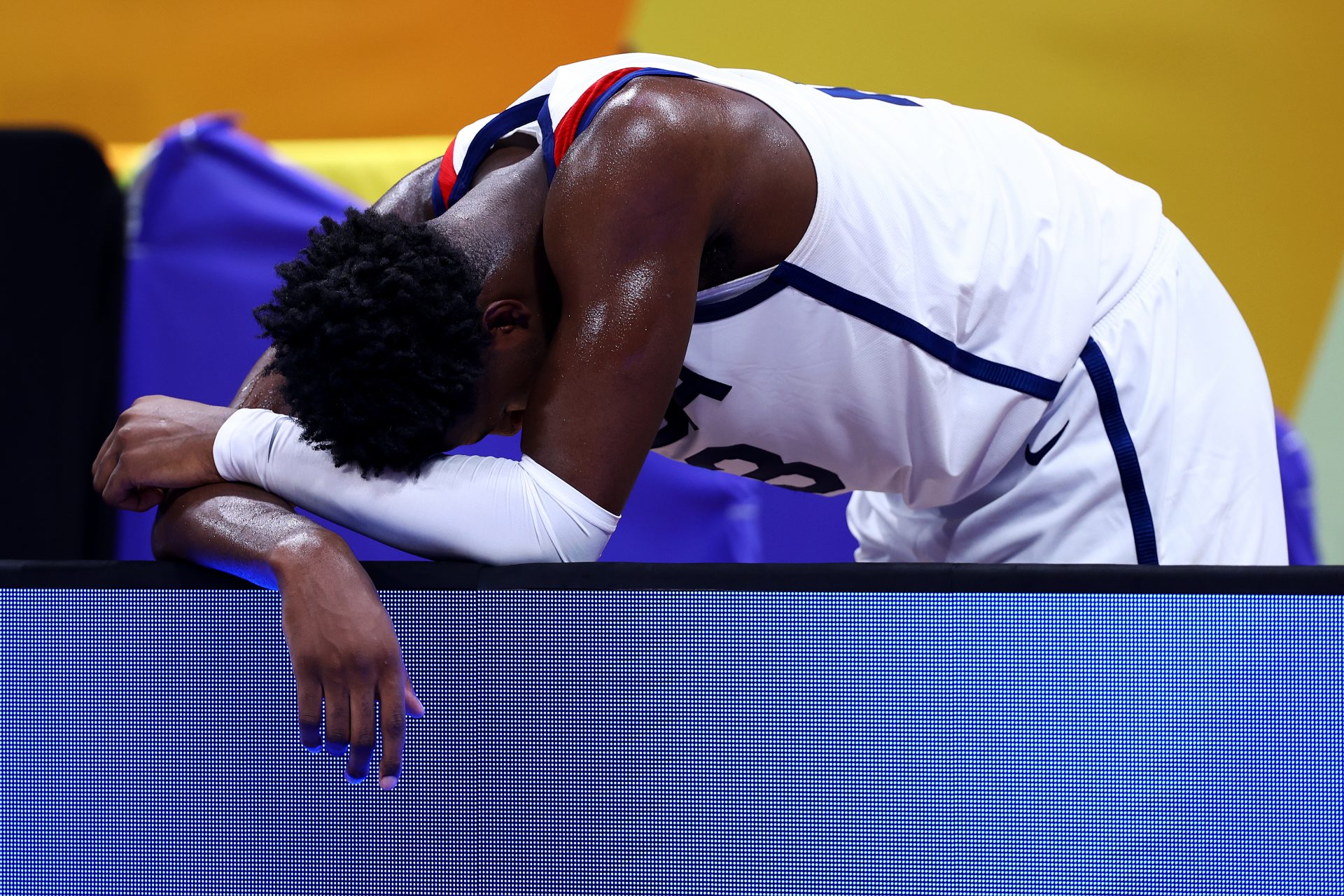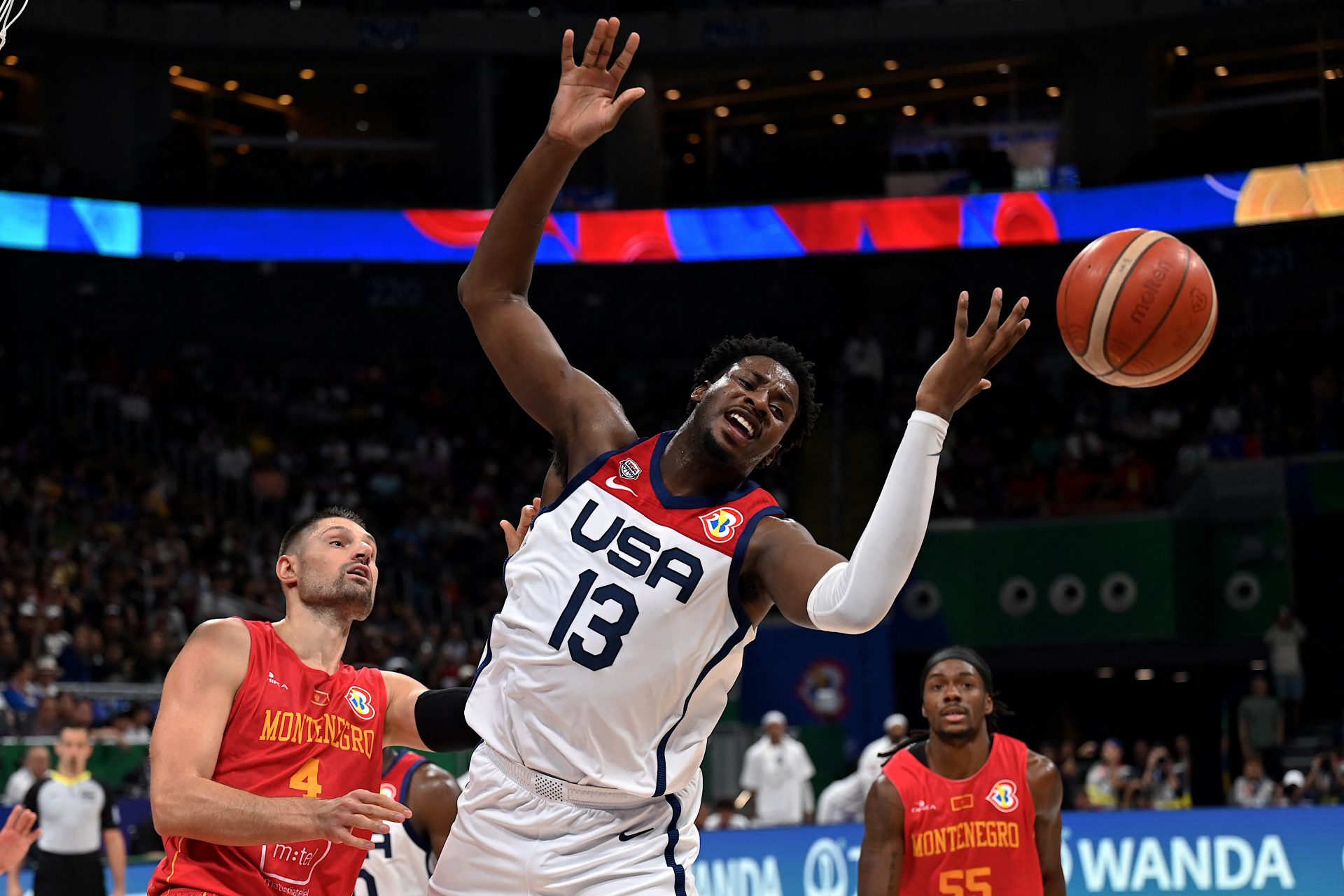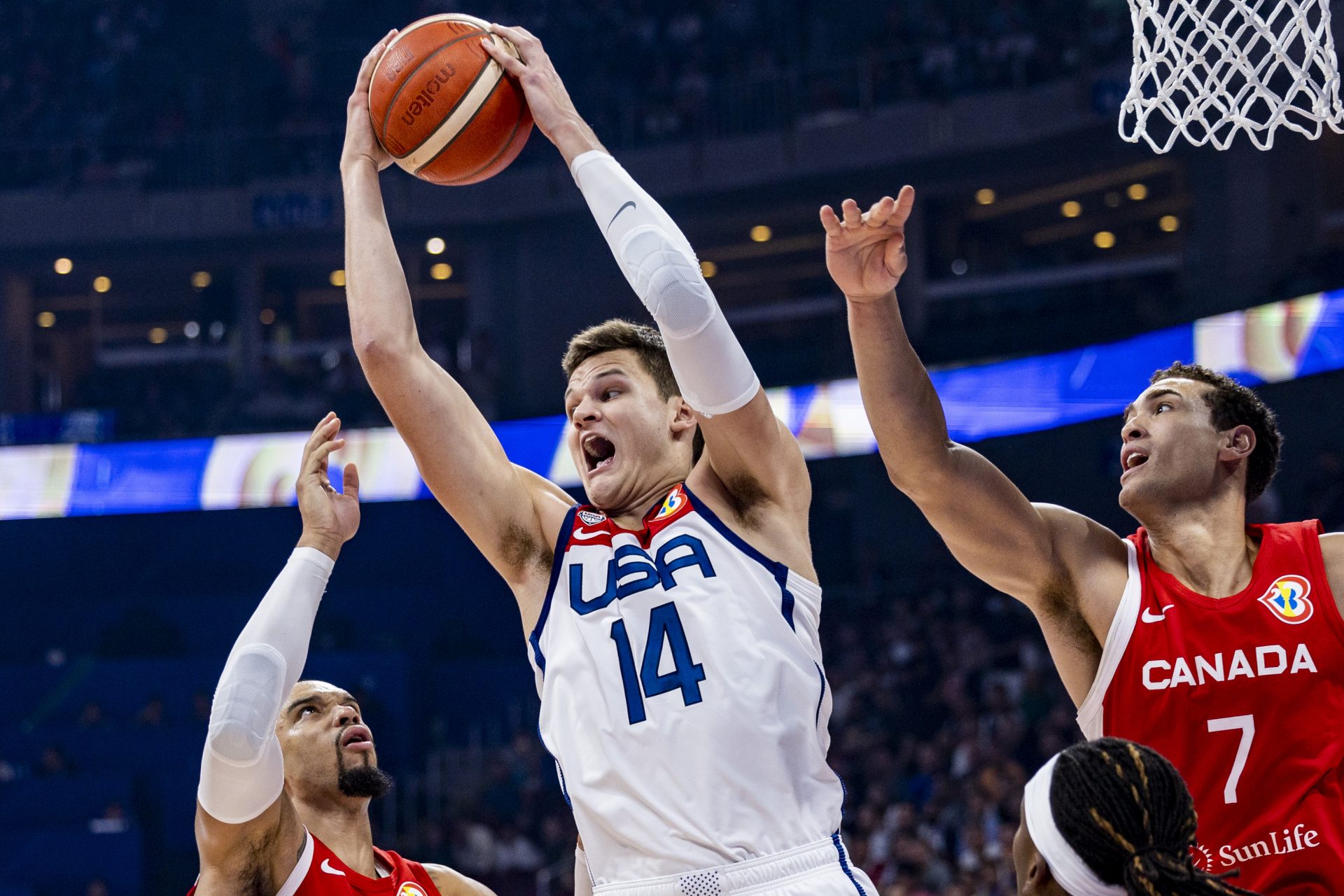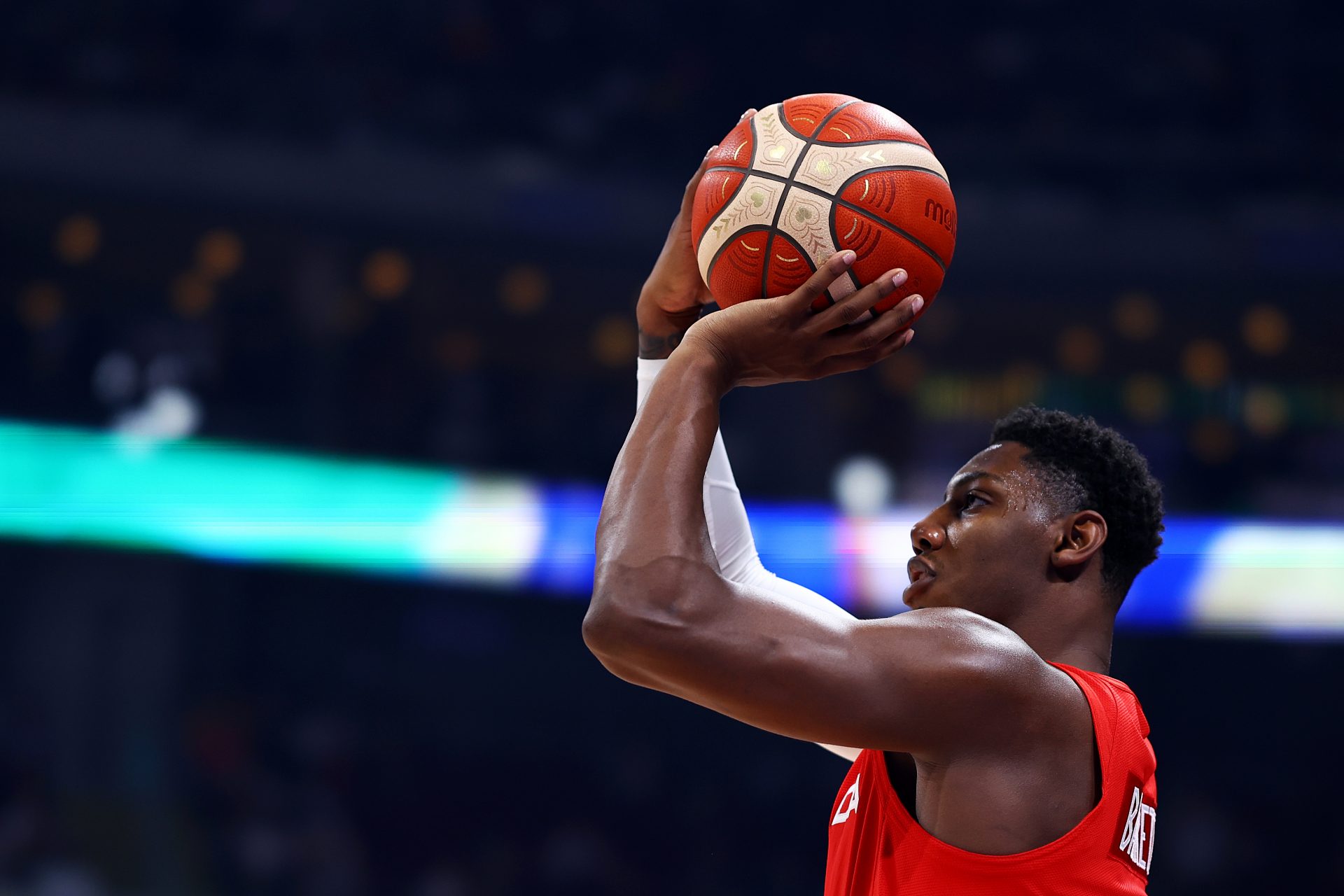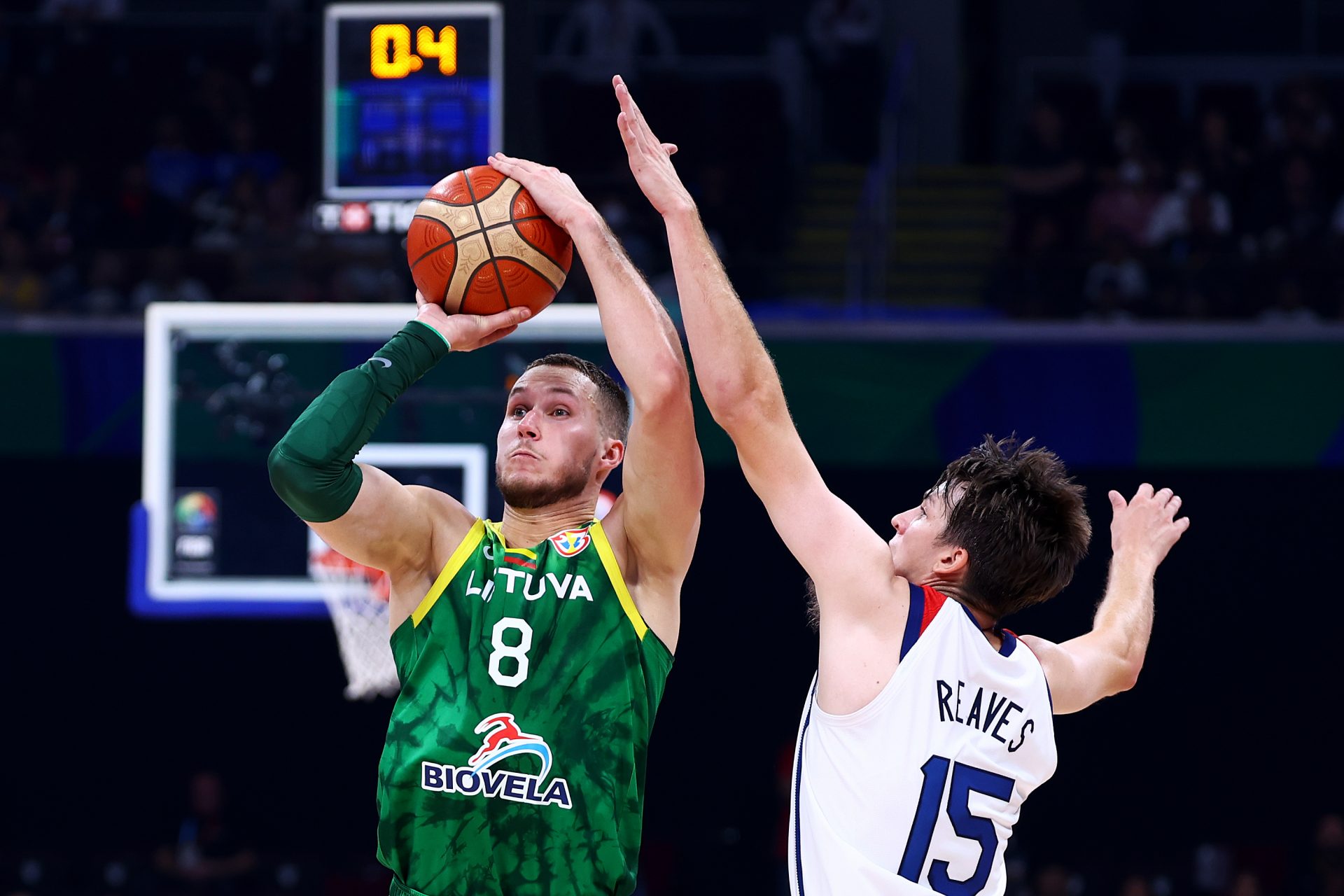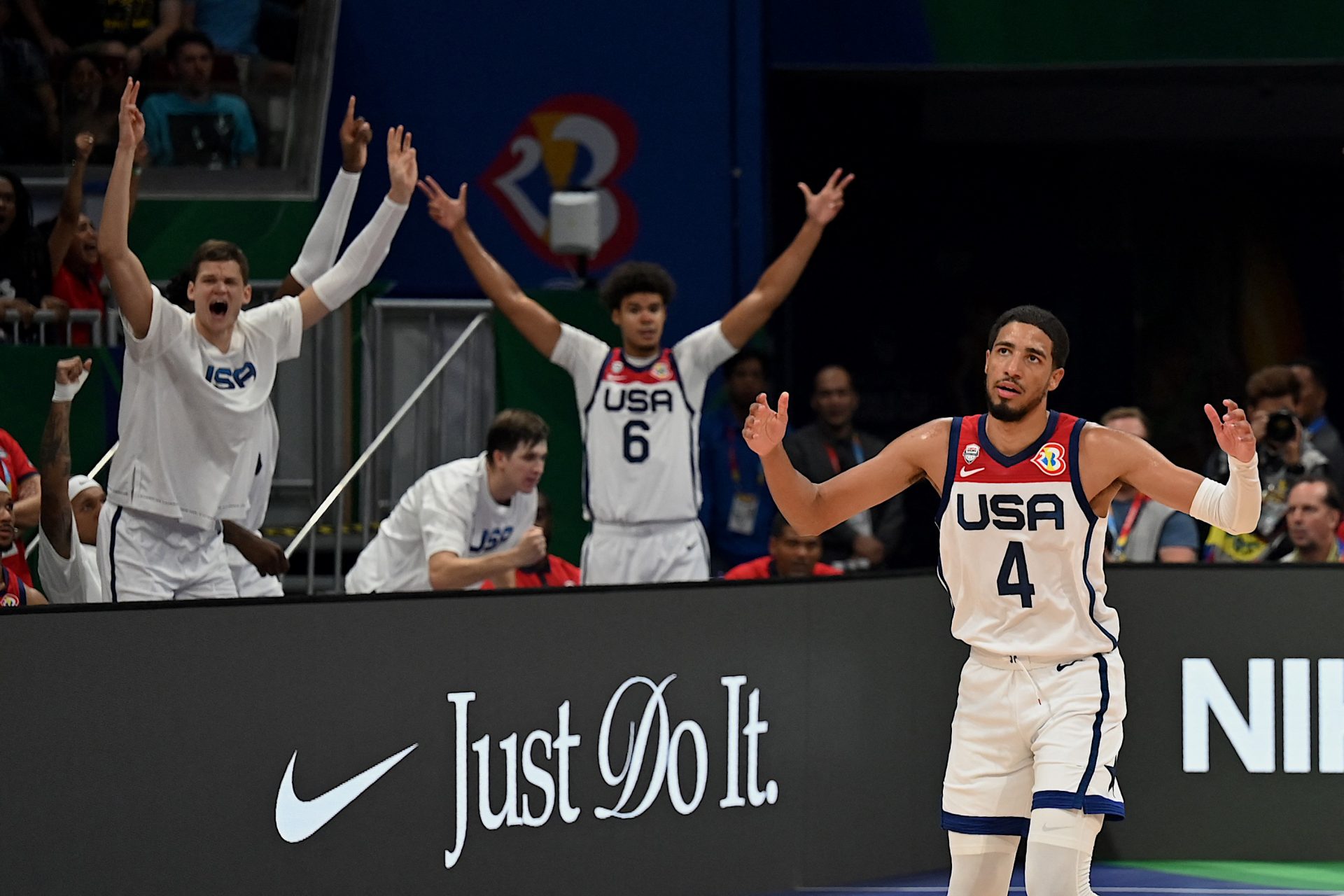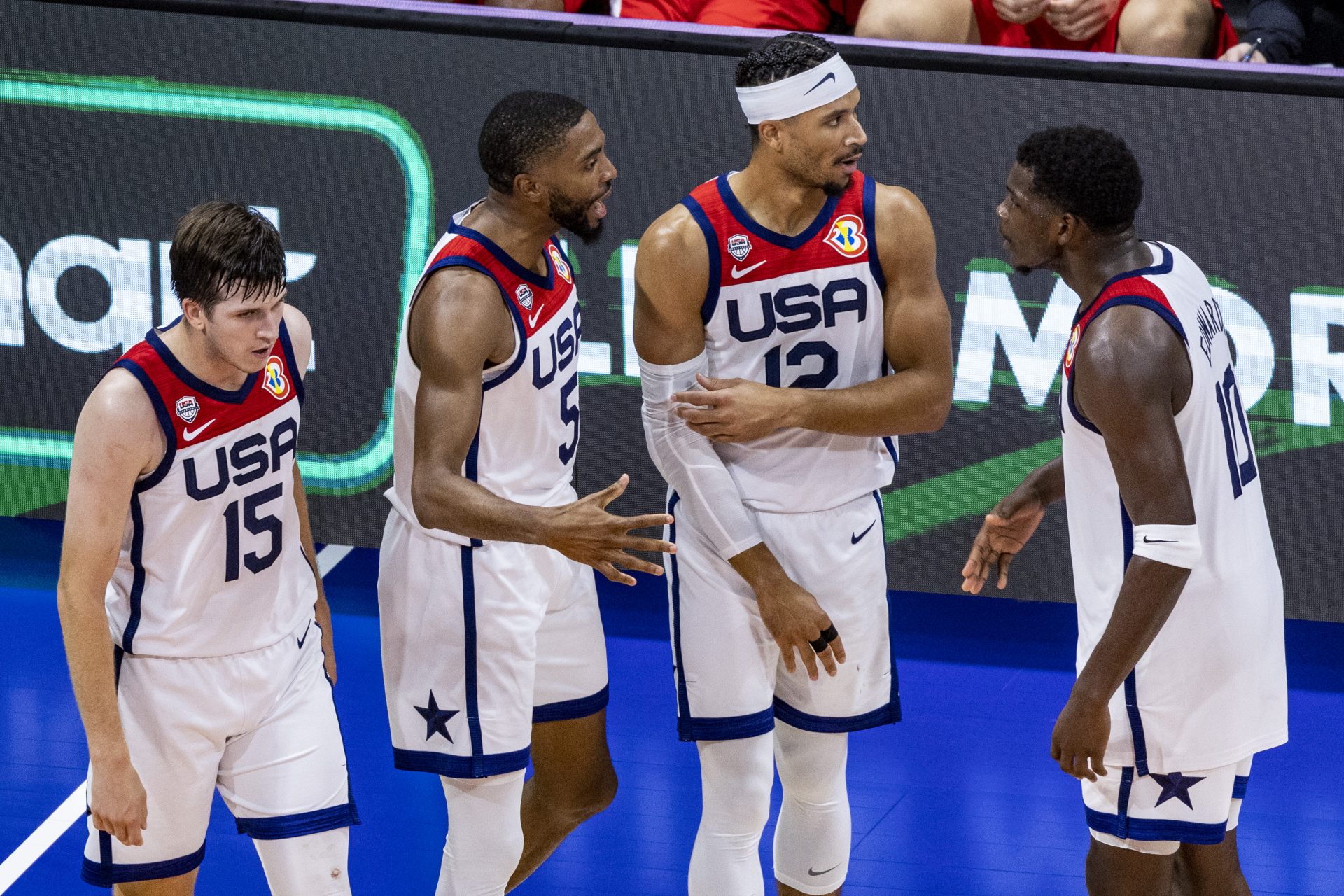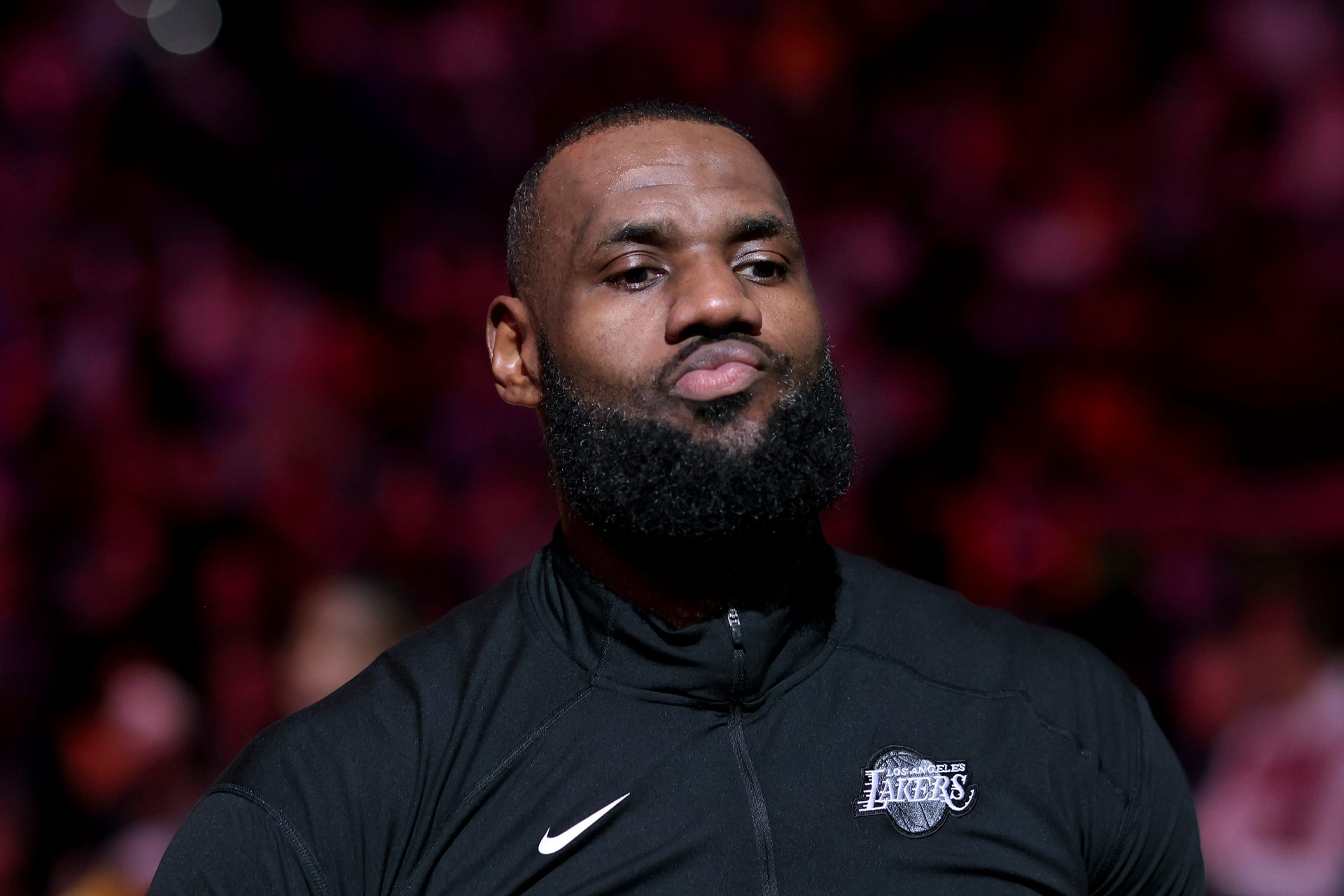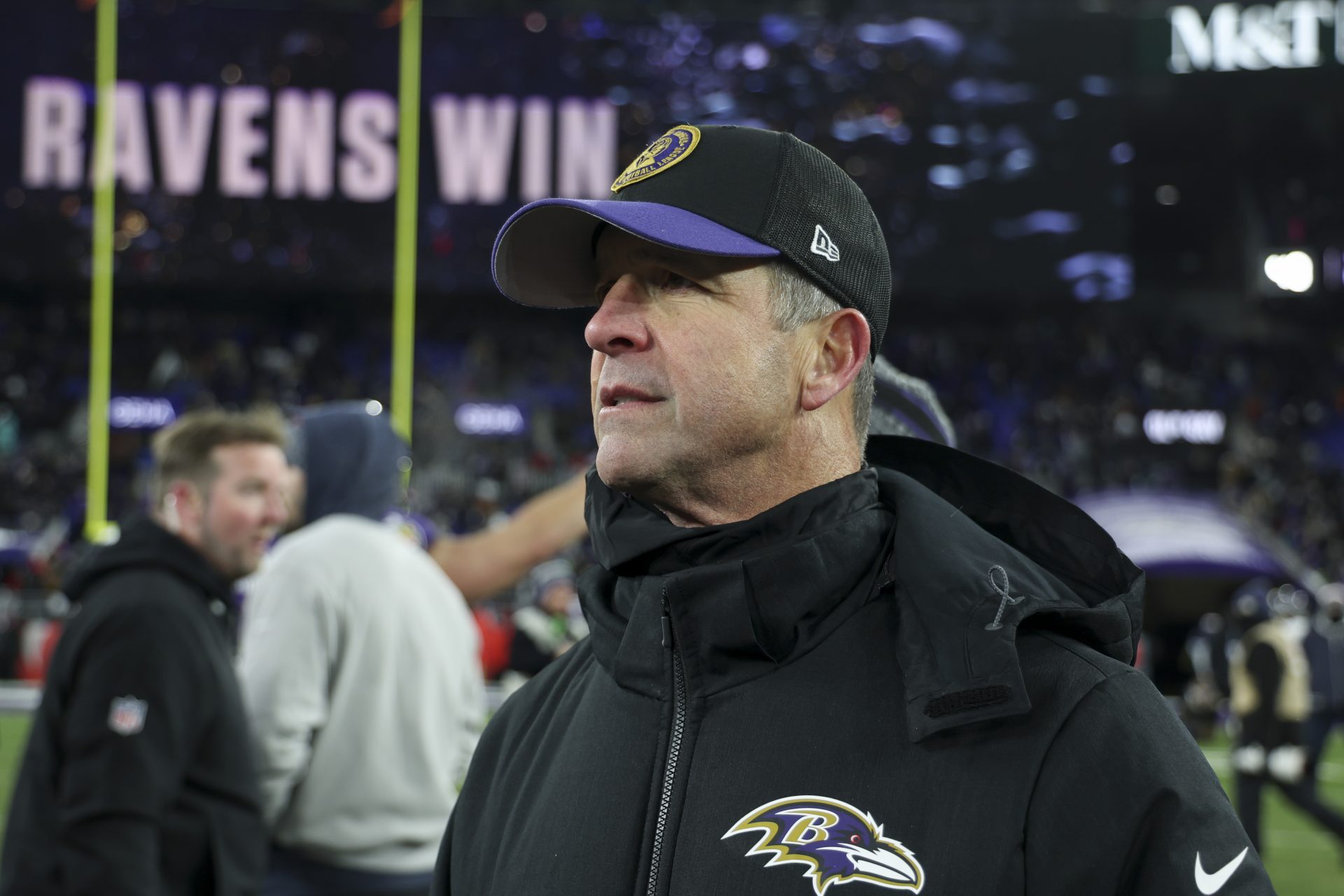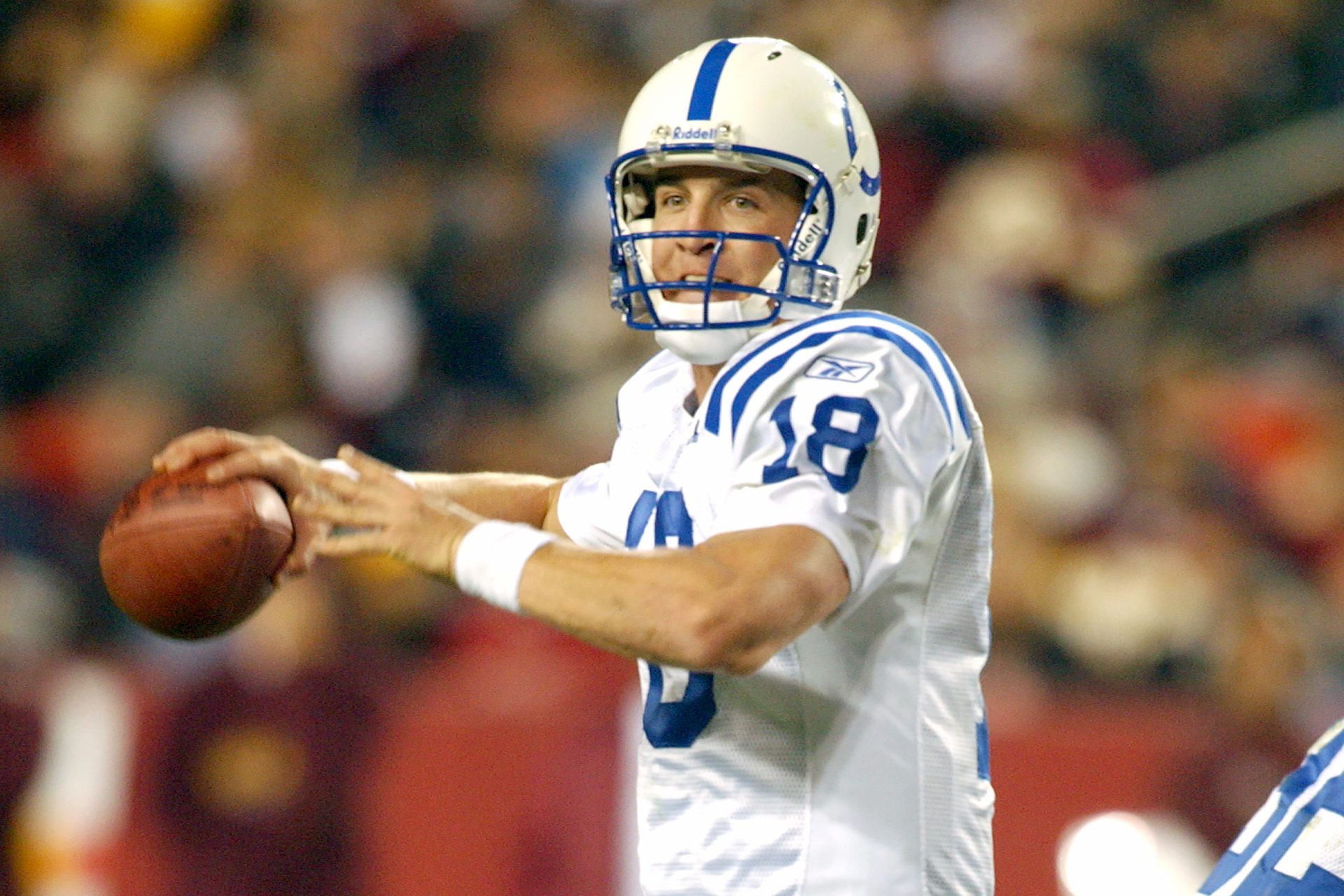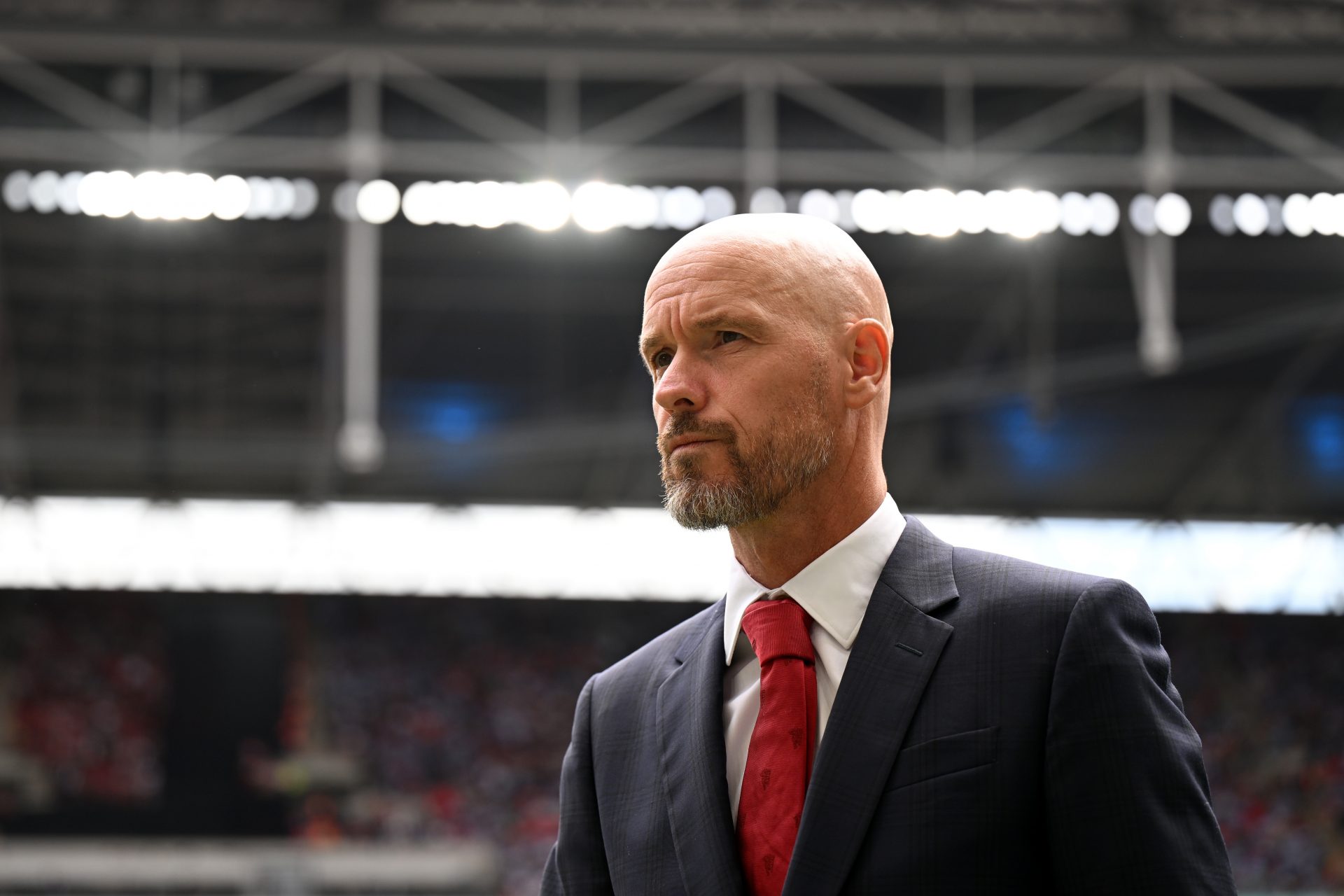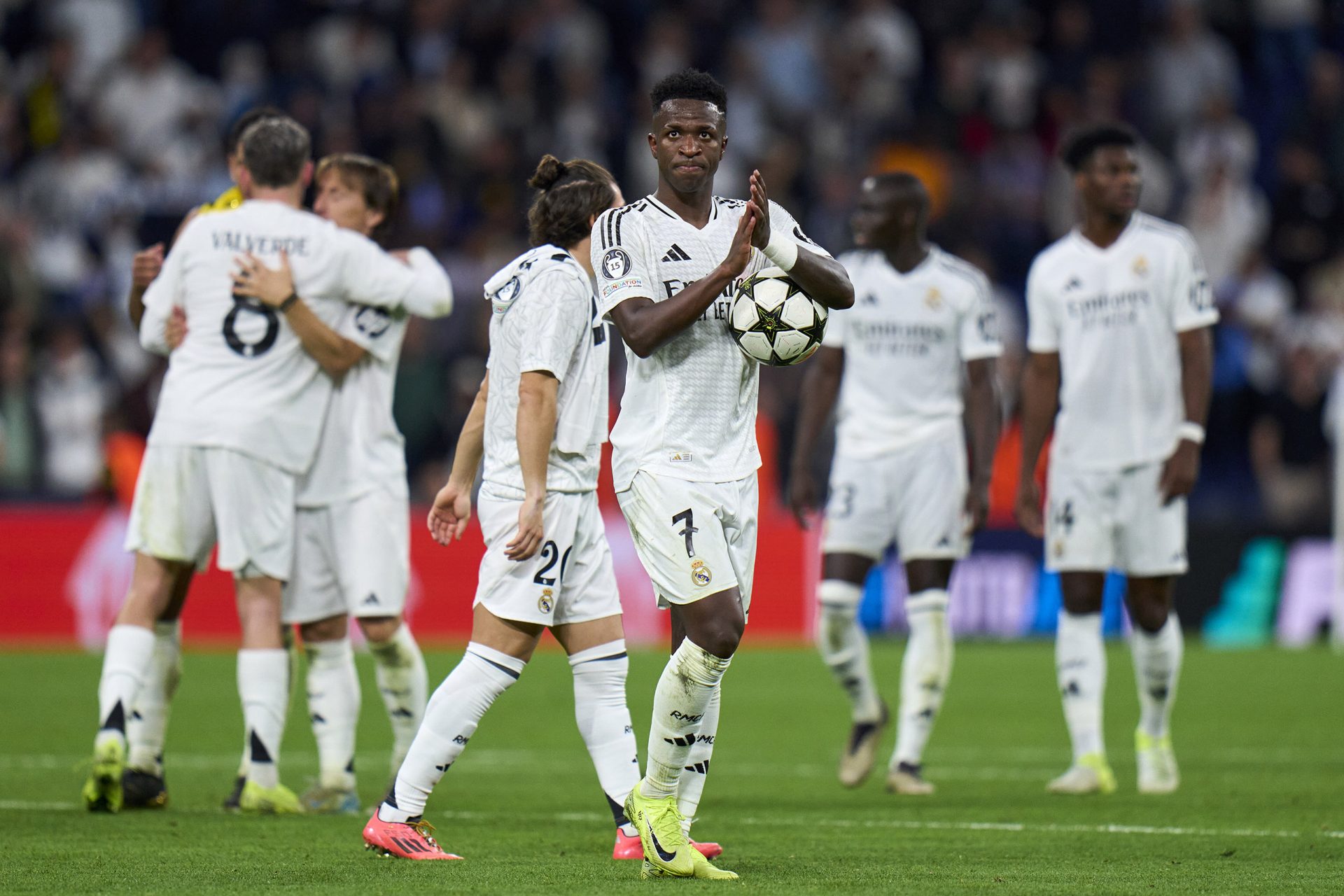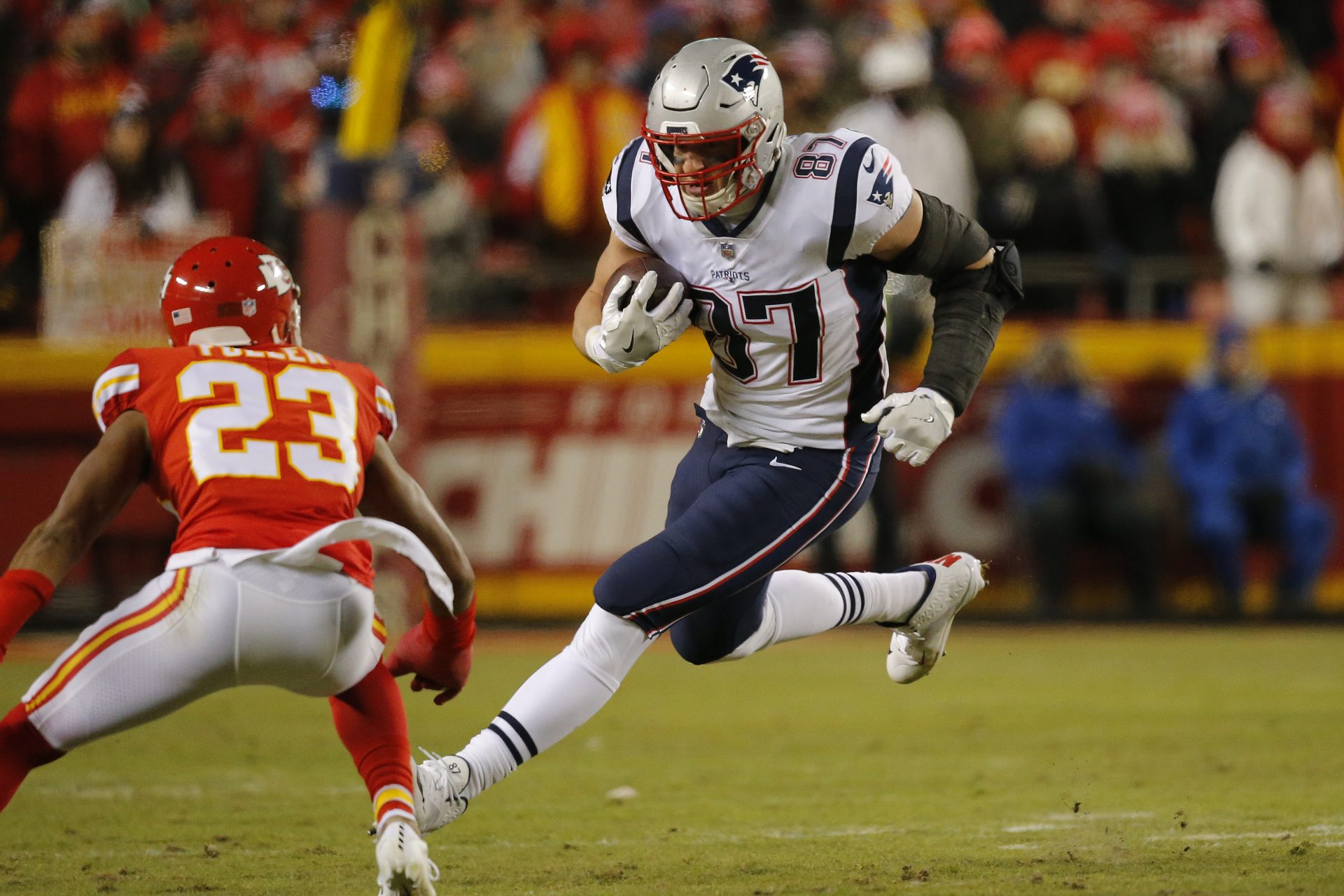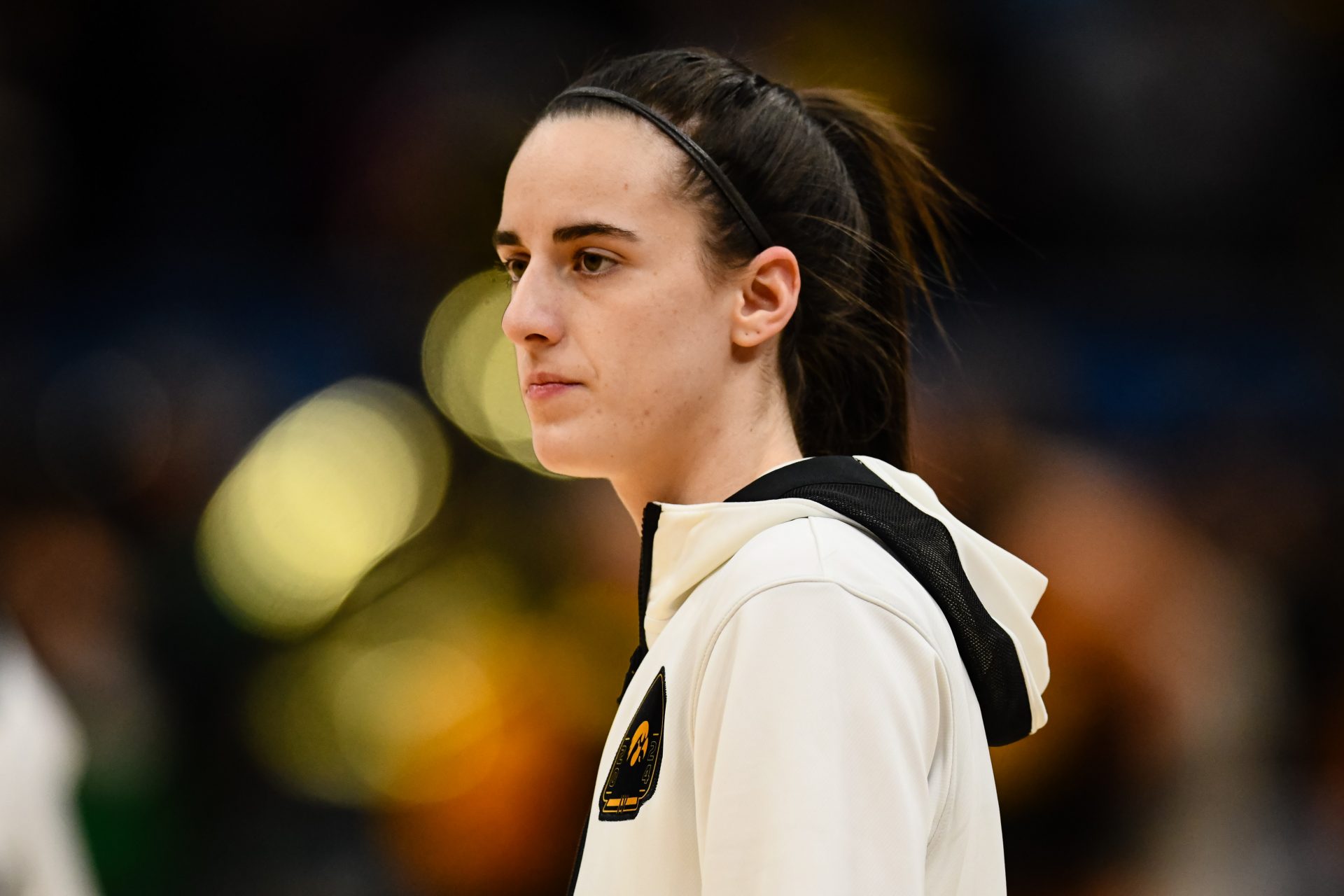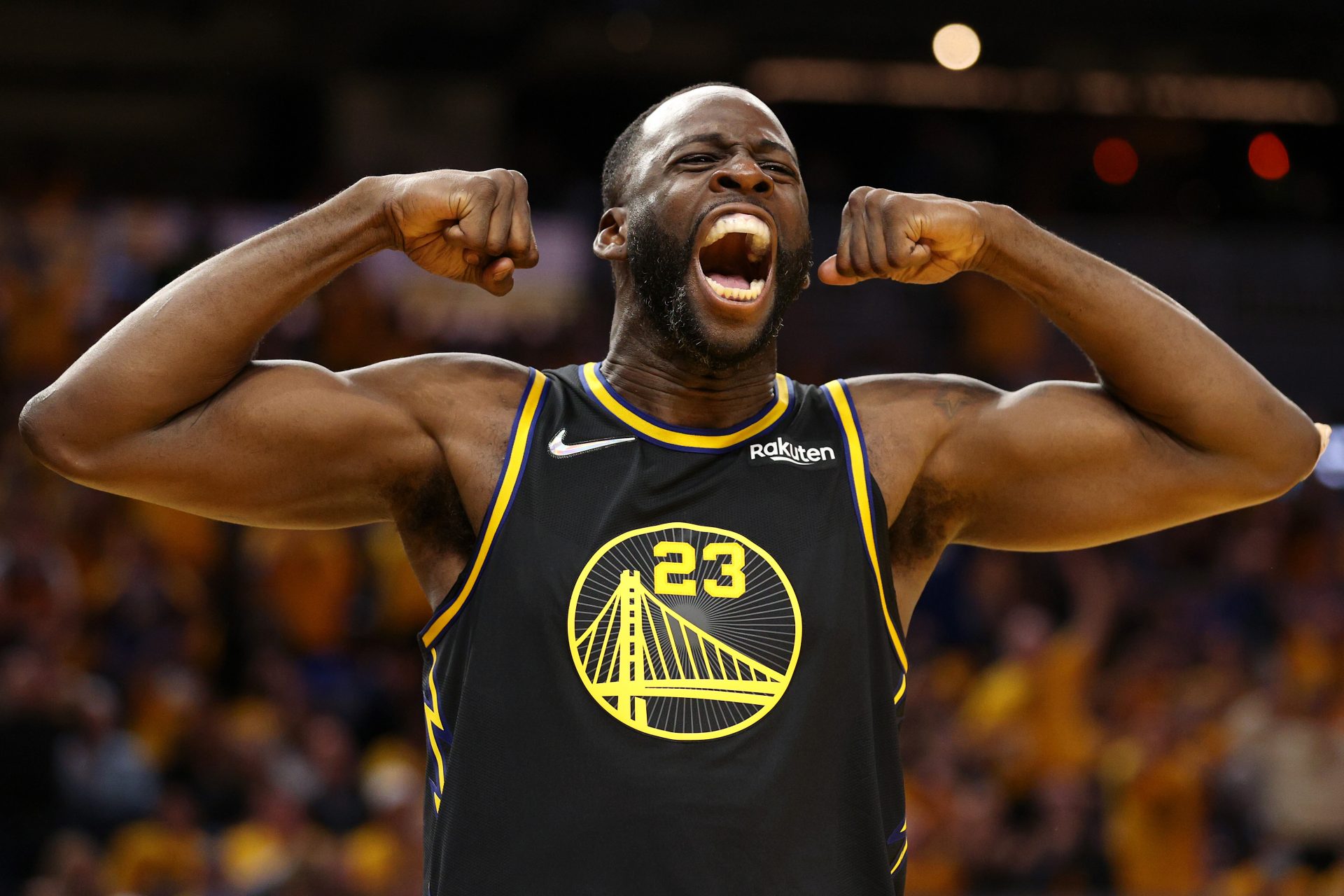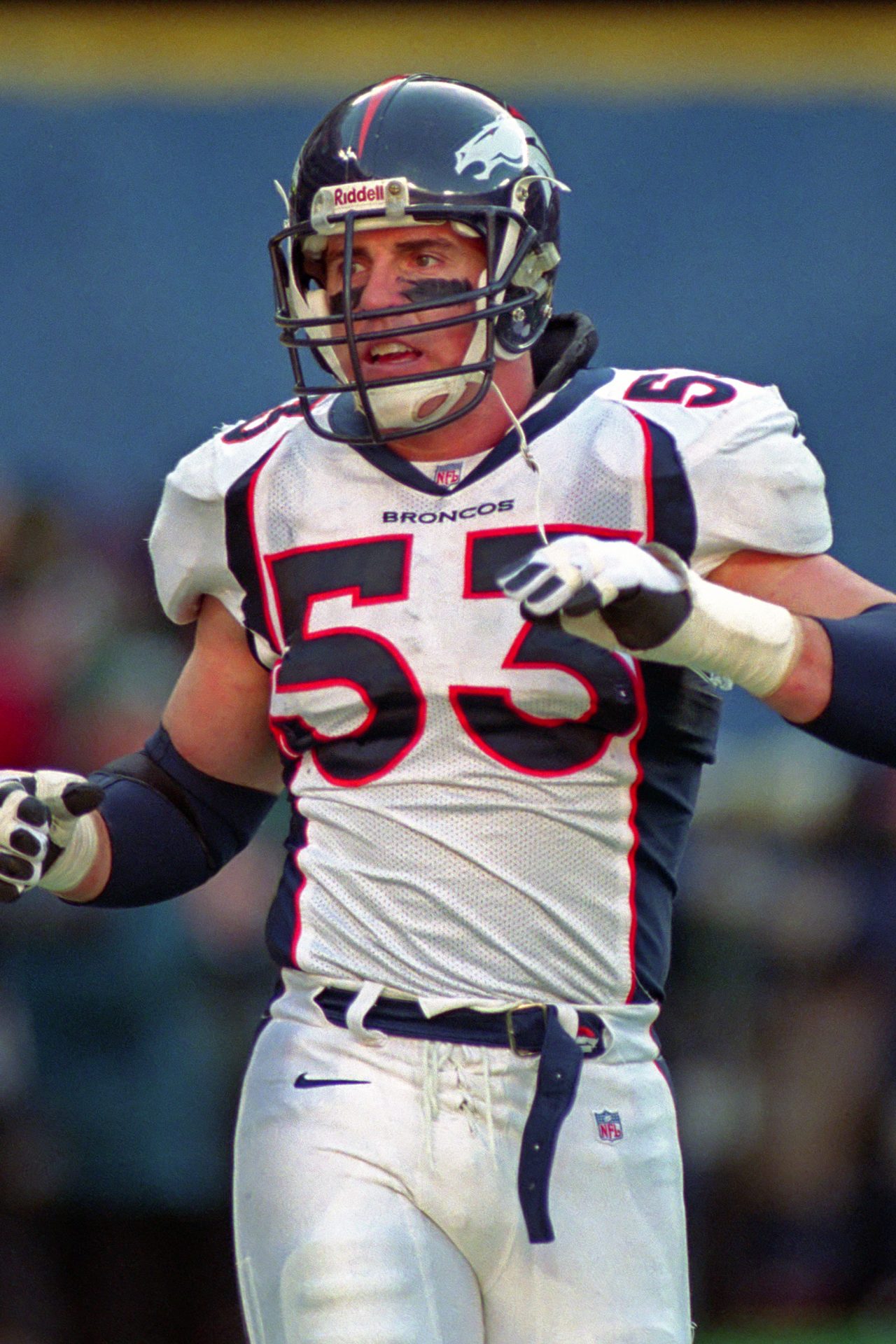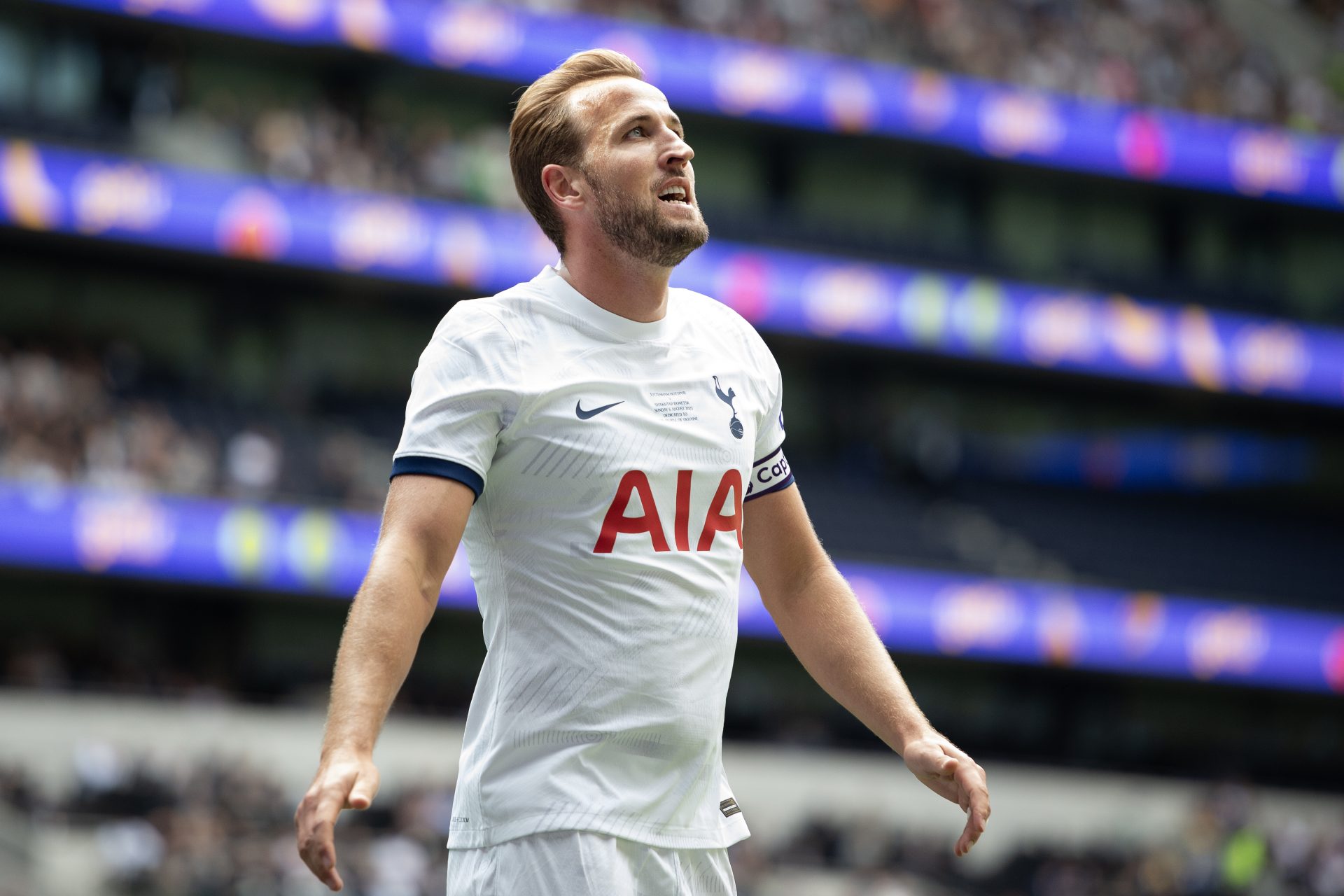What went wrong for the United States at the FIBA World Cup?
The United States have now gone back-to-back FIBA World Cups without making the championship game, losing to Germany in the semi-finals.
New world champions Germany shocked the US in the semi-final, holding off a late American surge to win the game 113-111.
Despite the loss to Germany, the US still had an opportunity to medal at the World Cup but were beaten in overtime by Canada, with Houston Rockets forward Dillon Brooks dropping 39 points in the Canadian win.
In the country where the sport was founded, with the best players and the best league in the world, how did the United States not win this World Cup?
Well, the most obvious reason as to why the United States didn't win this World Cup was because they didn't select the best players at their disposal.
Stephen Curry, LeBron James, Kevin Durant, Devin Booker, and more superstars weren't in contention for the tournament, making the overwhelming gulf in talent not so obvious at this World Cup.
Speaking after the loss to Germany, USA head coach Steve Kerr said: "These games are difficult. This isn't 1992 anymore."
The global reach of the 1992 USA 'Dream Team' at the Olympic Games had an enormous impact on the rest of the world, inspiring a new generation of players that could compete with the USA in international tournaments.
The NBA is as global as it's ever been, possessing 120 international players from 40 countries and six continents, making teams stronger than ever before. New world champions Germany has four NBA players in their usual starting five.
The disadvantage of the USA's team was their size, with 6ft10 Jaren Jackson Jr. playing at the center position for most of the games.
In games against Montenegro, Lithuania, and Germany, the USA was outrebounded 53-24, losing to Lithuania and Germany in those three games. In the semi-final game, Germany had 25 second-chance points to USA's eight.
7ft center Walker Kessler was an option off the bench, and the USA could have benefitted in the rebounding department with Jackson and Kessler starting together on the court. However, Kessler rarely came on.
The lack of size affected the inside and outside scoring, with the mismatches on the inside leading to more open looks on the outside, with teams pouring in threes against the US.
In the games they lost to Lithuania and Germany, Lithuania hit their first nine three-point attempts, whilst Germany hit 13 in the game.
The final reason is team chemistry. It's the first time these USA players have played together, compared to the other national teams, who have played with each other in different tournaments and are familiar with each other's tendencies.
All these reasons were catastrophic factors as to why the United States failed to bring home a medal at this year's FIBA World Cup.
More for you
Top Stories



